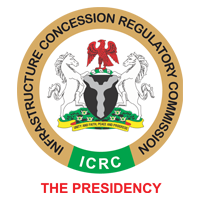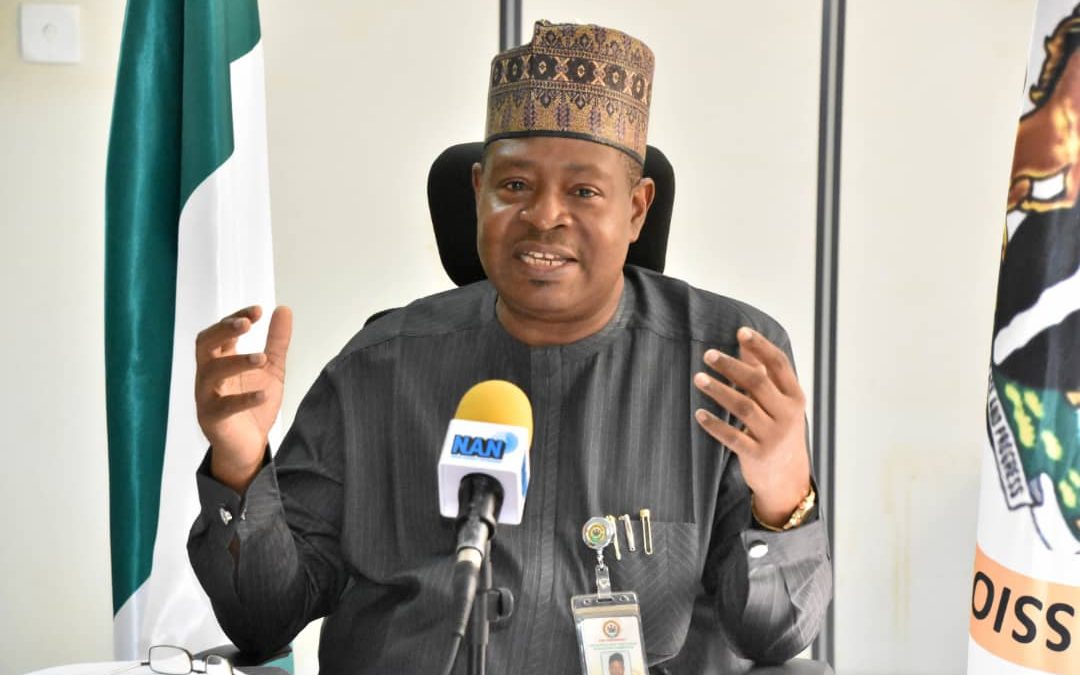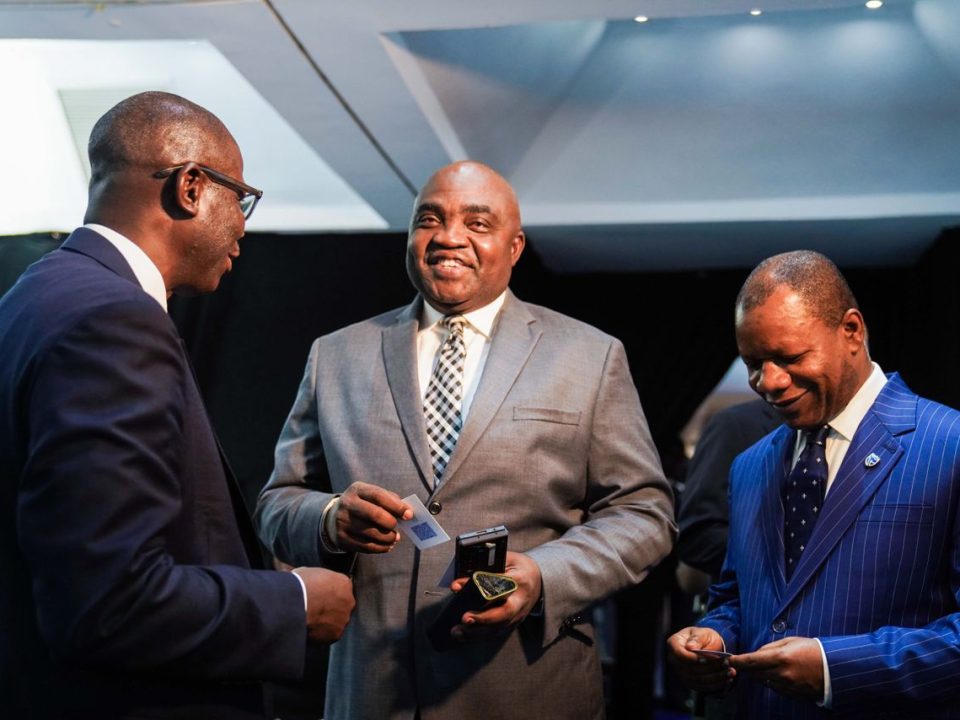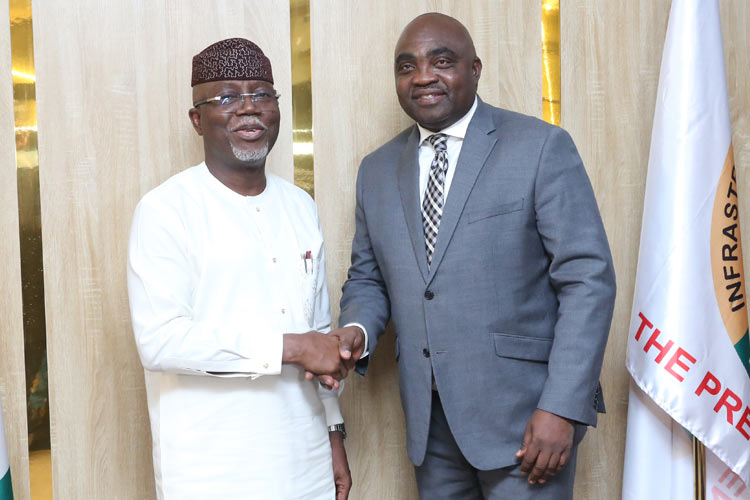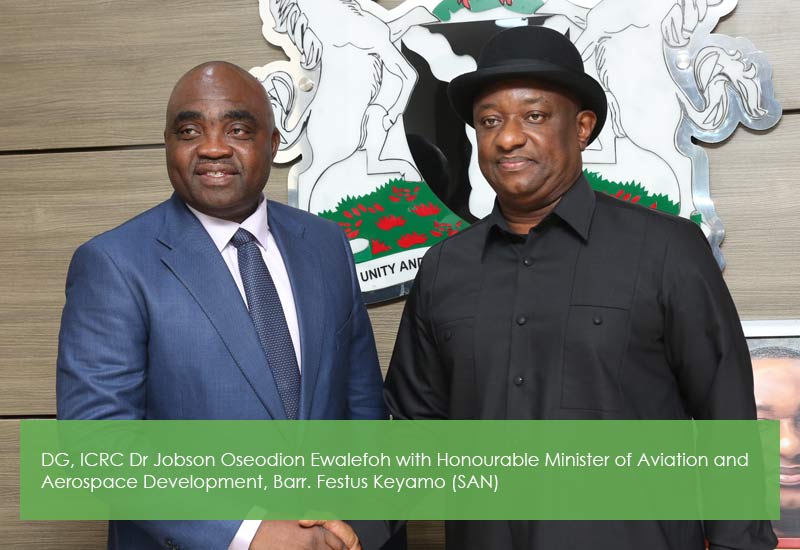Tackling Infrastructure Gap Via Public Private Partnership
Paradigm shift from wholesale projects financed by government to adoption of Public Private Partnerships (PPPs) model is a pathway to bridging Nigeria’s infrastructure gap, ABDULWAHAB ISA reports
Nigeria is infrastructure deficient, no doubt. The President, African Development Bank (AfDB), Dr Akinwumi Adesina, last year, estimated that Nigeria would be needing over $100 billion yearly for the next 30 years to close her infrastructure deficit. The Association for Consulting Engineering in Nigeria (ACEN) in a rough estimation projected that about $11 trillion would be required to close infrastructure gaps in the critical sectors of the Nigerian economy.
Similarly, a report on Nigeria’s Economic Outlook 2022 published by Proshare Economy had estimated that for Nigeria to meet its huge infrastructure, it needs about N36 trillion yearly for the next 30 years. From airports – aviation sector to the seaport; roads, electricity, health sector and other key infrastructure facilities that make a nation thriving and modern, Nigeria is lacking and deficient in them. Government is not only constrained with limited resources at its disposal to fix the infrastructure gap; it’s waned with other governance challenges.
The explorable option available to mitigate the infrastructure deficit is the public-private partnerships (PPP) model. PPP allows large-scale government projects, such as roads, bridges, or hospitals, to be completed with private funding. APPPN is a network of PPP experts across the African continent whose basic aim is to find concrete solutions to bridge infrastructure gaps in the continent by bringing together PPP Units, professionals and experts across the continent to design, develop, and implement infrastructure projects in tune with global best practices for infrastructure and service delivery.
PPP as viable procurement option:
In the PPP model, the Federal Government located a viable option of financing its procurement options. Speaking on PPP as a means of financing government’s procurement opinion at the ICRC summit, Secretary to the Government of the Federation (SFG), Boss Mustapha, described the theme: “Financing Africa’s Infrastructure through PPP,” as a well thought out, given the critical period when efforts are being intensified to sustain and deepen the process of infrastructure growth and development of the African continent through PPPs to take it to the next level. Mustapha recalled that over the years, the private sector remained the engine for sustainable economic growth and development of economies across the globe. “Today, the role of the private sector in infrastructure development and structural transformation in Africa and the rest of the world cannot be overemphasised. Many African countries have made significant moves to promote this, through restructuring of financial sectors and adoption of policies to create the enabling environment for the private sector to grow and thrive.”
X-raying ICRC inroad
in PPP Given revenue constraints and sundry challenges confronting both the Federal Government and subnational governments, the reality is that private participation in infrastructure development is no longer optional but a necessity. To this end, there has been a considerable paradigm shift in handling and execution of public sector businesses since coming on board of ICRC. Speaking recently at the APPPN summit, Director General of ICRC, Mike Ohiani, gave a rundown of ICRC’s interventions in recent times. According to him, the Commission, in 2021 published a pipeline of 51 eligible and bankable PPP projects, worth over $17 billion.
The list, Ohiani said, contained projects from different economic sectors granted the Outline Business Case Compliance Certificates, but which did not have identified bidders. For 2022, he said ICRC intended to gazette a pipeline of 53 eligible and bankable PPP projects, worth about $22 billion. As of May 2022, he said there were 77 post-contract PPP projects under implementation at the ICRC Projects Disclosure Portal. He described the portal as the first disclosure portal in the world, established in collaboration with the World Bank. Between May 2022, Ohiani there were 197 pre-contract projects at different phases of project Development and Procurement at the ICRC. “Between 2010 (following the inauguration of our governing board) and 2021, under the regulatory guidance of the ICRC, the Nigerian Government approved PPP projects worth over $9 billion.
“ICRC has issued 128 Outline Business Case Compliance Certificates to date. These are certified bankable projects, to enable them proceed to the Procurement phase. ICRC has also issued 50 Full Business Case Compliance Certificates to date. These are projects to be submitted to our Federal Executive Council (Cabinet) preparatory to their Commercial and Financial Closures,” he said.
Boosting revenue streams
Adoption of PPP is a revenue source for government. Lately, ICRC is beaming light on some agency with potential of generating revenue and, by extension, create jobs. For instance, early this year, ICRC issued Outline Business Case Certificate of compliance on the implementation of the Jabi Lake Tourism and Recreational project to the Federal Capital Territory Administration. The facility is expected to generate revenue in excess of N123 billion over a period of 30 years, with a net present value of N1.5bn; Internal Rate of Return of 17.75 per cent and payback period of 17 years. Special Assistant on Media to the Minister of State, Dr Ramatu Tijjani Aliyu, added that the project was expected to garner $21 million.
While receiving the certificate on behalf of the administration, Aliyu recalled that the administration had amongst its presidential mandates, tasks to work with the private sector to create jobs and help lift 100 million Nigerians out of poverty. She revealed that the FCT administration’s short term strategic development plan was the development of the tourism and recreation potentials of the territory in partnership with competent investors, noting that this was included in its performance delivery presentation to the Federal Executive Council on February 5, 2020. “In actualising this mandate, the FCTA received and considered an unsolicited proposal by Messrs Jabi Lake Leisure Cruise Limited for the transformation of Jabi Lake into a tourist destination; providing boat cruises, water sports, hospitality and many more tourist activities. “The FCTA subsequently approached the Bureau for Public Procurement and the ICRC for compliance with extant guidelines.
The Outline Business Case submitted by the proponents was forwarded to the ICRC for review/ advice,” she stated. Ohiani revealed that the project would cost the sum of $21m in two phases. Before then, in 2020 to be precise, the the Federal Executive Council (FEC) gave a nod to the Infrastructure Concession Regulatory Commission to implement the National Public Security Communications project and the Ibom Deep Seaport project. Both projects are expected to attract the sum of N866.1bn investment into the economy. Invariably, FEC’s approval sets the stage for full business case compliance certificates including contract signing and implementation through PPP.
The National Public Security Communications Project is a partnership between the Ministry of Police Affairs and MPS Technologies Limited, a Special Purpose Vehicle incorporated by Mobitel Limited to manage the Concession. This follows the satisfaction of the conditions prescribed in the ICRC Act, 2005 and the National Policy on Public Private Partnership. ICRC said the project was premised on a Finance, Build, Operate and Transfer arrangement, and would combine the network’s 450MHz spectrum with MPS’s 2300Mhz (2.3GHz) spectrum among other assets.
“A good number of agencies stand to benefit from this novel project in enhancing their operations apart from the Nigerian Police Force. They include the Nigerian Correctional Service, Nigeria Customs Service, National Drug law Enforcement Agency, Federal Road Safety Commission, Federal Fire Service among others,” ICRC said. For the Ibom Deep Seaport, which is located in the South-East of Akwa Ibom, the ICRC said its concession was granted to Bolloré- Africa PCI Consortium in line with the guidelines set out in the ICRC Act, 2005 and the National Policy on Public Private Partnership for a 50-year period.
The Commission stated that the project, which is to be developed using the Design- Finance-Build- Operate and Transfer methodology, would lead to the injection of $2.01 billion (N761,79 billion) into the nation’s economy, with Phase 1A estimated to cost $1.33bn (N504.07 billion) while Phase 1B is in the $679,322 (N257.46 million). The port facility is expected to become the Eastern Gateway of Nigeria, providing vital port capacity for the country. The project is jointly owned by the Federal Government; Akwa Ibom State government and private investors will serve to augment Nigeria’s existing port capacity.
Last line
Adopting PPP model for Federal Government’s large scale infrastructure projects financing such as roads, bridges, or hospitals is the best way to tackle Nigeria’s huge infrastructure deficit.
Source: New Telegraph
